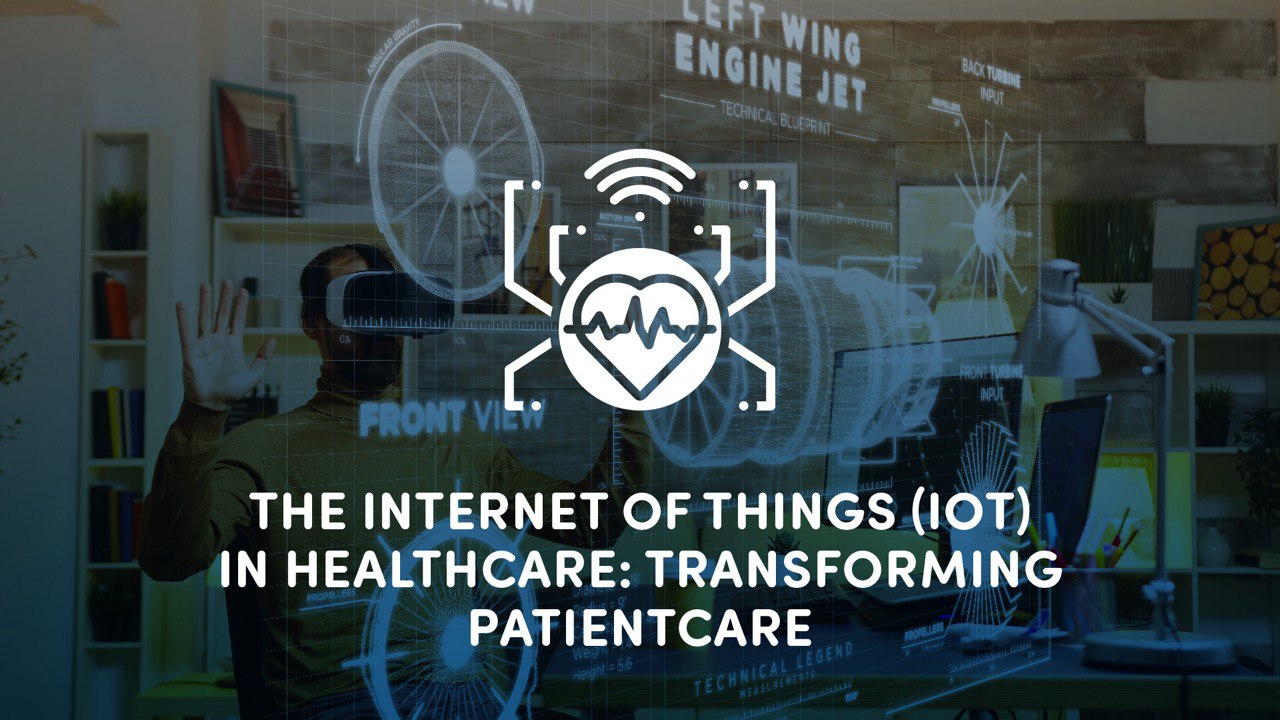Introduction:
Robotic Process Automation (RPA) has emerged as a game-changing technology in the realm of business operations, offering organizations the ability to automate repetitive tasks, streamline workflows, and enhance operational efficiency. Powered by Artificial Intelligence (AI) and machine learning algorithms, RPA solutions enable businesses to automate a wide range of processes across various departments, freeing up valuable time and resources for higher-value tasks and strategic initiatives. In this article, we will delve into the transformative power of RPA and its role in streamlining business operations with AI.
Automating Repetitive Tasks:
One of the key benefits of RPA is its ability to automate repetitive and rule-based tasks that are traditionally performed by humans. RPA software robots, or "bots," can mimic human actions by interacting with digital systems, applications, and data sources to execute tasks such as data entry, invoice processing, report generation, and customer service inquiries. By automating these routine tasks, RPA enables organizations to improve operational efficiency, reduce errors, and free up employees to focus on more strategic and value-added activities.
Enhancing Workflow Efficiency:
RPA solutions streamline business operations by automating end-to-end workflows and orchestrating tasks across multiple systems and applications. With RPA, organizations can create seamless workflows that span departments and functions, integrating disparate systems and automating handoffs between different stages of a process. This not only reduces cycle times and improves process efficiency but also ensures consistency and accuracy in task execution, leading to enhanced overall productivity and customer satisfaction.
Improving Data Accuracy and Compliance:
RPA technology helps improve data accuracy and compliance by eliminating manual errors and ensuring adherence to regulatory requirements and organizational policies. RPA bots perform tasks with precision and consistency, minimizing the risk of human error and ensuring data integrity throughout the process. Moreover, RPA solutions can enforce compliance by automating rule-based validations, audits, and reporting, helping organizations meet regulatory standards and mitigate compliance-related risks.
Enabling Scalability and Flexibility:
RPA offers scalability and flexibility to accommodate changing business needs and dynamic operational environments. RPA bots can be easily scaled up or down based on workload demands, allowing organizations to handle fluctuations in transaction volumes efficiently. Additionally, RPA solutions are highly adaptable and can be quickly configured or reconfigured to support new processes, applications, or business rules, enabling organizations to rapidly respond to evolving business requirements and market dynamics.
Empowering Employees with AI:
RPA empowers employees with AI-driven automation tools that augment their capabilities and productivity. By automating mundane tasks, RPA frees up employees to focus on higher-value activities that require human creativity, critical thinking, and decision-making skills. Moreover, RPA solutions can leverage AI and machine learning algorithms to analyze data, generate insights, and make intelligent recommendations, empowering employees to make informed decisions and drive business outcomes.
Conclusion:
Robotic Process Automation (RPA) is revolutionizing business operations by leveraging Artificial Intelligence (AI) to automate repetitive tasks, streamline workflows, and enhance operational efficiency. By automating routine processes, RPA enables organizations to improve productivity, reduce errors, ensure compliance, and empower employees with AI-driven automation tools. As RPA technology continues to evolve and mature, its impact on business operations is expected to grow, driving innovation, agility, and competitiveness in the digital economy.




Leave a comment
All comments are moderated before being published.
This site is protected by hCaptcha and the hCaptcha Privacy Policy and Terms of Service apply.